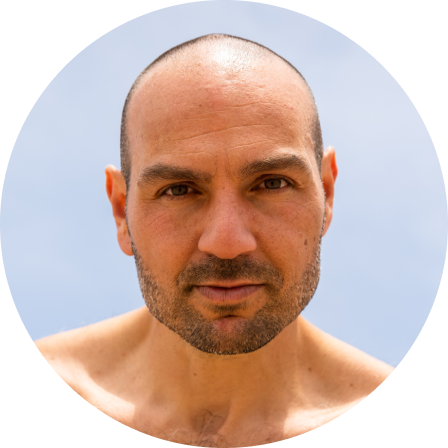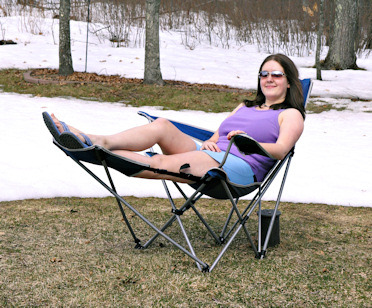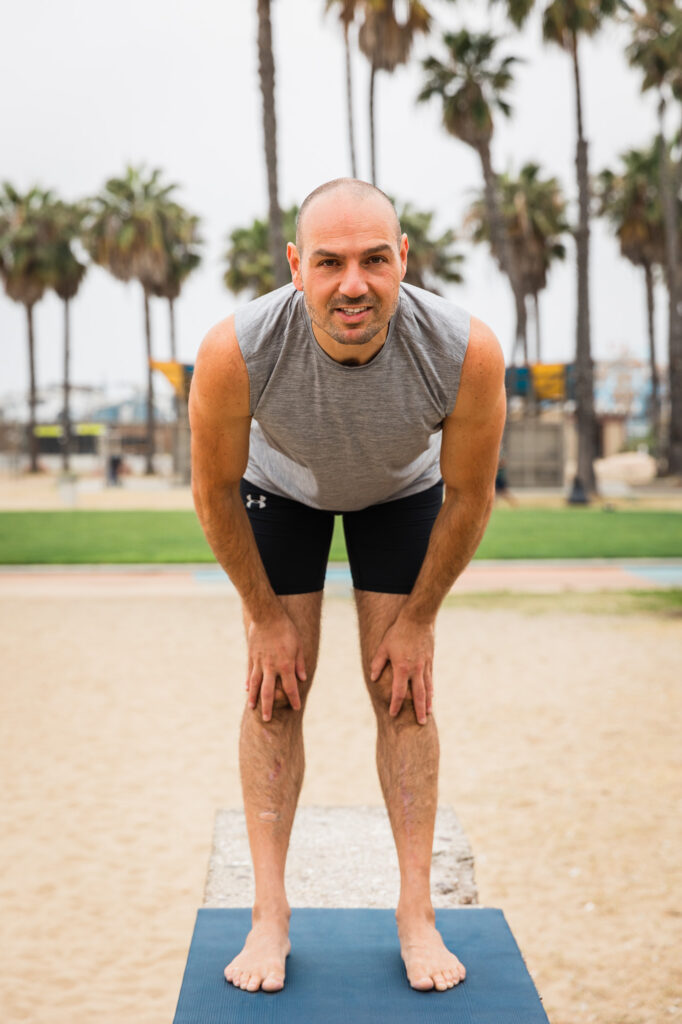Anticholinergic Drugs
Natural Alkaloids
These comes from nature. There are some natural drugs that are FDA approved drugs.
Atropine: Atropine is found in your crash carts. It’s good for bradycardia (heart rate less than 60, but realistically it would be used for something like in the 40’s or below). We use it as eye drops (accommodate the lens of the eye). It’s also used as an injection for surgery prior to procedure to decrease secretions and dry out the respiratory tree so there won’t be aspiration (so secretions won’t go in the lungs). It can be used as an antidiarrheal since it decreases GI motility.
Belladonna: Literal translation is beautiful woman. This drug was made famous by the woman considered the most beautiful woman in history 2 millenia ago called Cleopatra. Cleopatra did not use the drug for her intestinal cramping. She used it to dilate the pupil of the eyes. Nowadays they use for intestinal cramping.
Hyoscyamine: Also used for intestinal cramping.
Scopolamine (Hyoscine): Used before surgeries to decrease aspiration. It’s also used as a patch behind a persons ear before someone gets on a boat to prevent motion sickness.
Synthetic Antispasmodic Drugs
Dicyclomine (Bentyl) is used for intestinal cramping/spasming.
Oxybutynin and Tolterodine are used for different cramping: bladder spasms. The symptoms of bladder spasms are incontinence (their urine leaks out).
Synthetic Anticholinergic drugs
- Glycopyrrolate (Robinul) also used before surgery to decrease aspiration.
- Propantheline (Pro-Banthine), very rarely used today, is to decrease stomach acid for ulcers.
- Ipratropium (Atrovent) is an inhaler used for asthma.
Mydriatrics and cycloplegics
Mydriatics dilate the pupil of the eye (mydriasis) and cycloplegics sets the lens of the eye to far vision . Why would we ever give a drug to dilate the pupil and set the lens for far vision? So that an eye doctor can look at your retina.
Some precautions you have to take are to wear sunglasses to not cause damage and you can’t read anything because the eye is set for long distance.
- Atropine – long acting m & c
- Cyclopentolate (Cyclogyl) – short acting m & c
- Homatropine (Homatrocel) – short acting m & c
- Scopolamine (Hyoscine) – short acting m & c
- Tropicamide (Mydriacyl) – mydriasis only
Anticholinergic contraindications
Myasthenia gravis: If a person has myasthenia gravis, a limited amount of ACh, you don’t want to block that muscarinic receptor by giving this drug.
Narrow angle glaucoma (the less common one)
Unstable cardiovascular system: You don’t want to lower the heart beat for someone with cardiovascular issues.
Intestinal atony (without tone), meaning if you put a stethoscope on a persons belly, you hear nothing because their peristalsis is decreased.






